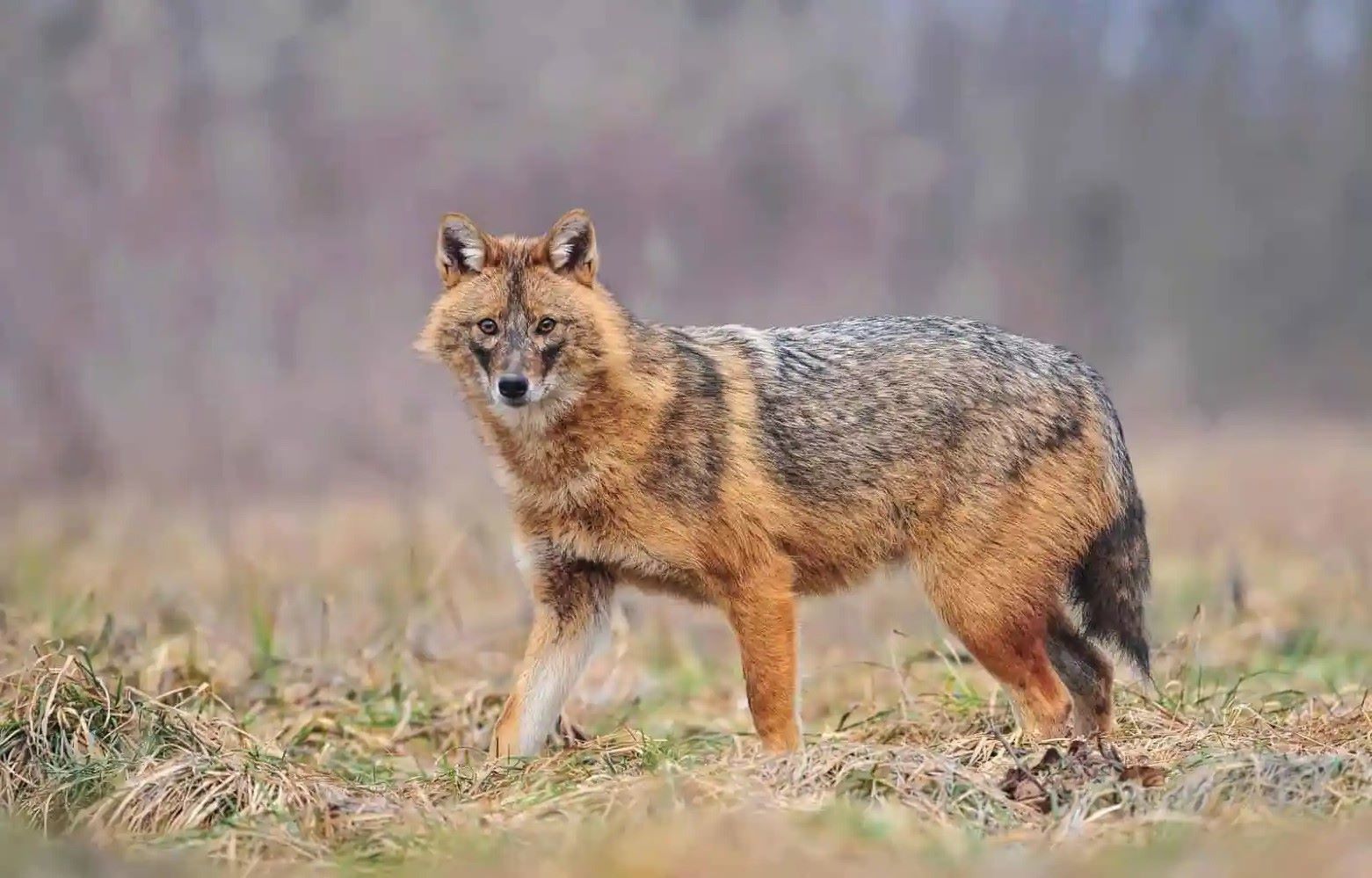
Ever wondered why jackals deserve their very own day of celebration? World Jackal Day on April 19th is not just a random date on the calendar; it's a day dedicated to raising awareness about these cunning creatures and their role in the ecosystem. Jackals, often overshadowed by their larger canine cousins, are fascinating animals with unique behaviors and survival strategies. Why do they merit such attention, you ask? Well, jackals are key players in maintaining the balance of their habitats, controlling rodent populations, and cleaning up carrion. So, grab your curiosity and let's dive into the world of jackals. From their social structures to their symbolic significance in various cultures, there's a lot more to these animals than meets the eye. Ready to have your mind blown with some jaw-dropping facts about jackals? Let's get started!
Key Takeaways:
- World Jackal Day celebrates these fascinating creatures and aims to dispel myths about them. Jackals play a vital role in ecosystems by controlling rodent populations and cleaning up carrion, contributing to overall habitat health.
- To support jackal conservation, people can participate in projects, educate others about jackals' ecological importance, advocate for protective policies, and celebrate World Jackal Day to raise awareness and inspire support.
What is World Jackal Day?
World Jackal Day, celebrated on April 19th, is dedicated to raising awareness about jackals, their ecological importance, and the conservation challenges they face. These often misunderstood creatures play a vital role in their ecosystems as both predators and scavengers, helping to maintain healthy populations of various species and cleaning up carrion.
Why Celebrate World Jackal Day?
Celebrating World Jackal Day helps to dispel myths and misconceptions about jackals, which are sometimes seen as pests or vermin. By highlighting their positive contributions to biodiversity and ecosystem health, this day aims to foster a more harmonious coexistence between humans and jackals.
-
Jackals are fascinating creatures with complex social structures. They are known for their monogamous pairs, which work together to raise their young.
-
These animals are incredibly adaptable, living in a variety of habitats across Africa, Asia, and southeastern Europe. Their ability to thrive in diverse environments underscores their ecological significance.
The Importance of Jackals in Ecosystems
Jackals play a crucial role in their ecosystems by controlling rodent populations and cleaning up carrion. This scavenging behavior prevents the spread of disease and contributes to the overall health of their habitats.
-
By feeding on carrion, jackals help to keep ecosystems clean and free from diseases that could affect other wildlife and even humans.
-
Their presence in an ecosystem can indicate its health. A stable or growing jackal population often means that the ecosystem is well-balanced and thriving.
Threats to Jackal Populations
Despite their importance, jackals face several threats, including habitat loss, persecution, and conflict with humans. Understanding these threats is key to developing effective conservation strategies.
-
Habitat loss due to agriculture and urban expansion is one of the biggest threats to jackal populations. As their natural habitats shrink, jackals are forced into closer contact with humans, leading to conflicts.
-
In some regions, jackals are hunted or poisoned because they are considered pests. This not only harms jackal populations but can also disrupt local ecosystems.
How to Support Jackal Conservation
Supporting jackal conservation involves promoting their importance, protecting their habitats, and fostering coexistence between jackals and humans.
-
Participating in or donating to conservation projects focused on jackals or their habitats can make a significant difference in their survival.
-
Educating others about the ecological role of jackals and the challenges they face can help to change negative perceptions and promote coexistence.
-
Advocating for policies that protect jackal habitats and promote wildlife-friendly agricultural practices can contribute to the long-term survival of these species.
-
Celebrating World Jackal Day by sharing information on social media or attending events can raise awareness and inspire more people to support jackal conservation efforts.
A Look Back at World Jackal Day
Celebrating World Jackal Day on April 19th isn't just about recognizing these fascinating creatures; it's a call to action for wildlife conservation. Jackals, often misunderstood and overlooked, play a crucial role in our ecosystems. They're not just scavengers; they're also predators that help maintain healthy animal populations and control pests. This day reminds us of the beauty and importance of biodiversity. By learning about jackals, their habits, and their habitats, we're taking a step towards appreciating and protecting our natural world. So, next time April 19th rolls around, remember it's more than just a day for jackals. It's a moment to reflect on our role in preserving the planet's intricate web of life. Let's spread the word, educate others, and take action to ensure jackals, and other wildlife, have a place in our future.
Frequently Asked Questions
Was this page helpful?
Our commitment to delivering trustworthy and engaging content is at the heart of what we do. Each fact on our site is contributed by real users like you, bringing a wealth of diverse insights and information. To ensure the highest standards of accuracy and reliability, our dedicated editors meticulously review each submission. This process guarantees that the facts we share are not only fascinating but also credible. Trust in our commitment to quality and authenticity as you explore and learn with us.


